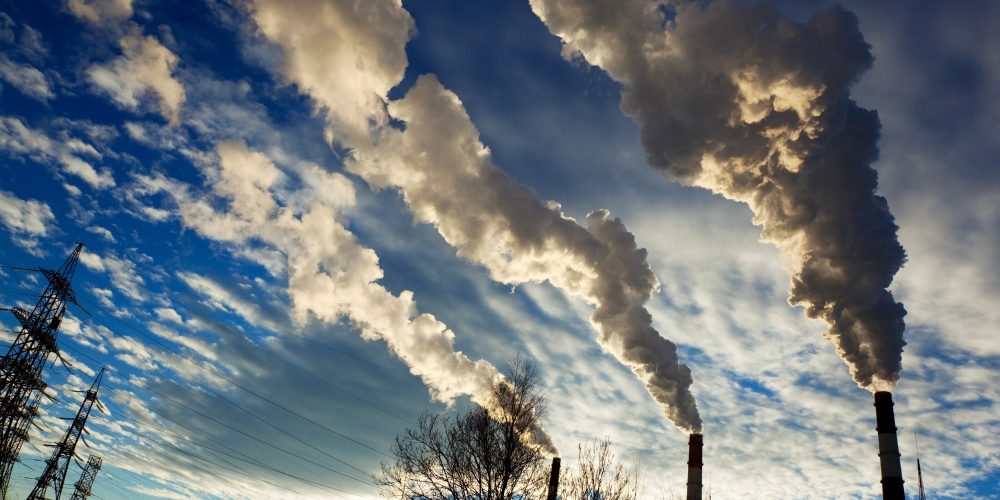Over the period 2010–19 the expansion in the dairy industry in the 26-Country state, thanks to the quota restrictions being lifted by the business organisation known as the EU, has resulted in an increase in the land area allocated to dairy farming. At the farm gate level the expansion has resulted in an increase in nitrogen surplus, increases in nitrogen use efficiency, and lower emissions of nitrogen per unit of production.
Over that nine-year period, grass utilisation increased by 19 per cent. 31 per cent of the increase originated from increased chemical nitrogen, with the remainder coming from increased grassland efficiency. The most recent report of the Environmental Protection Agency on water quality (2013–18) found that 53 per cent of surface water bodies assessed are in satisfactory environmental health, being either “good” or “high” environmental status. The remaining 47 per cent are in “moderate,” “poor” or “bad” status. This compares with 55 per cent at “satisfactory” status for the last assessment period, 2010–15, a decrease of 2½ per cent.
Technologies in relation to incorporating white clover in existing pastures, increased soil fertility (including soil acidity), the use of low-emission slurry spreading and greater use of precision grazing management have the potential to elevate these negative economic impacts of reduced chemical nitrogen at the farm level. This will require a significant scheme of knowledge transfer over a number of years to get these technologies adopted at the farm level
Grass-based systems into the future need to concentrate on maximising grass production and use, increasing the efficiency of nutrient use, and minimising the amount of feed imported onto the farm. This is both more profitable and environmentally more sustainable.
A move to lower grass production carries the risk of increased importing of feed onto the farm, which will lead to reduced profitability and a deterioration in environmental sustainability, as has been demonstrated around the world. The effects mentioned above have serious consequences for the future health of our citizens and for the general maintenance to our rivers, to fish stocks, fauna, and all the negative side effects due to the overwhelming use of nitrogen.
We are now witnessing the earth system’s gradual dying, because of the failure of capitalism and the capitalist world economy, particularly in the decades since the middle of the twentieth century. Capital itself can be described as a social relation of self-expanding economic (commodity) value. Capitalism, or the system of capital accumulation based on class exploitation and conforming to laws of motion enforced by market competition, recognises no limits to its own self-expansion. There is no amount of profit, no amount of wealth and no amount of consumption that is “enough” or “too much.
In this system, the planetary environment is not viewed as a place with inherent boundaries within which human beings must live, together with Earth’s other species, but rather as a realm to be exploited in a process of growing economic expansion in the interest of unlimited acquisitive gain, most of which ends up in the hands of a very few. Businesses, according to the inner logic of capital, must either grow or die—as must the system itself.
Capitalism thus promotes a “madness of economic reason” that can be seen as undermining the healthy human metabolic relationship with the environment. The mere critique of capitalism as an abstract economic system, however, is not sufficient in addressing today’s environmental problems: it is necessary to examine also the structure of accumulation on a world scale, coupled with the division of the world into competing states.
Our planetary problems cannot realistically be addressed without tackling the imperialist world system, or globalised capitalism, organised on the basis of classes and states and divided into centre and periphery. Today this necessarily raises the question of imperialism in the Anthropocene epoch.
It is our duty to rise above ourselves, to step out of our comfort zones and to tackle the meandering slow death of Mother Earth. We must do whatever is necessary—yes, whatever is necessary, so that our children’s children can live in harmony with nature.






